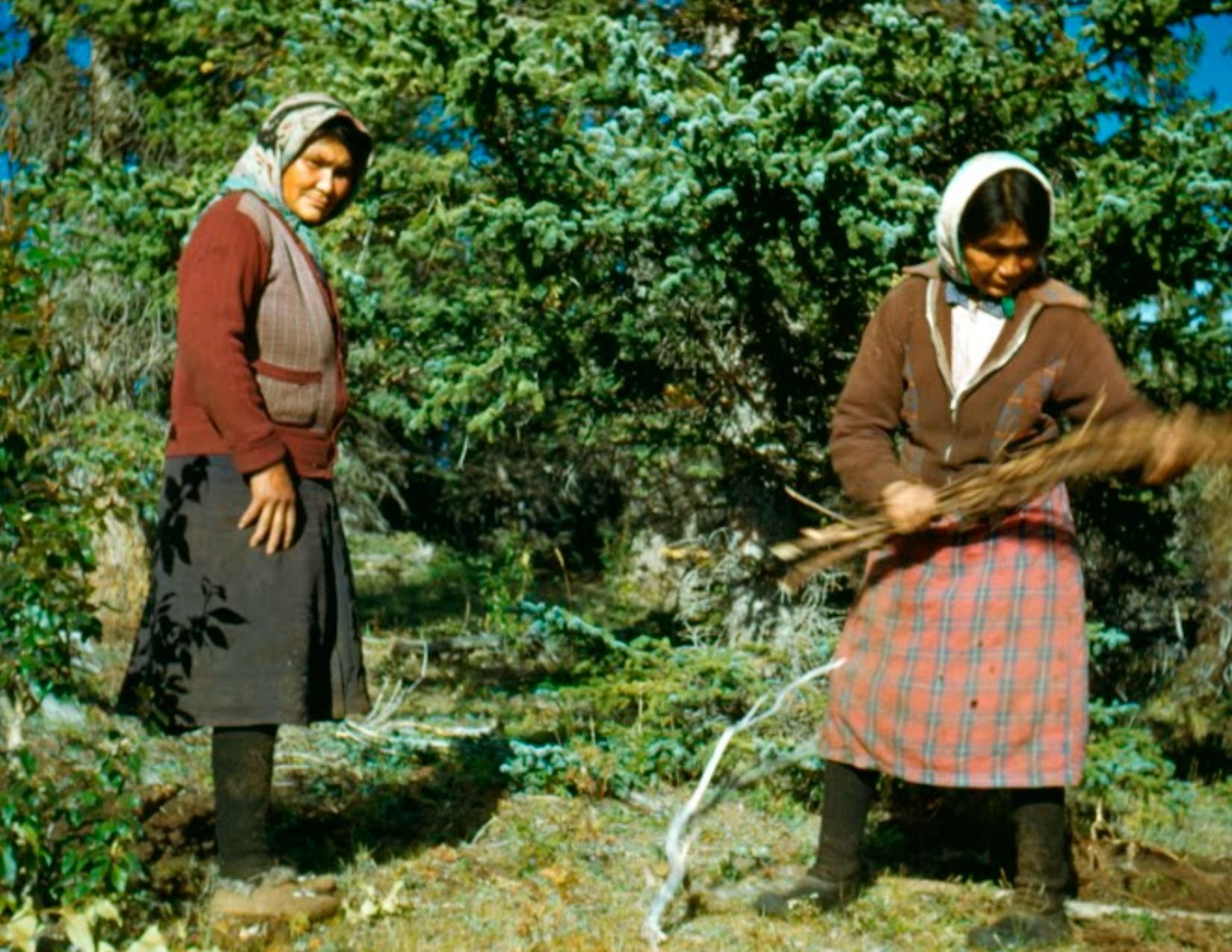Call 2 | We call on natural scientists to recognize that generating knowledge about the land is a goal shared with Indigenous peoples and to seek meaningful relationships and possible collaboration for better outcomes for all involved.
Excerpt from paperThe common ground between Indigenous communities and scientists might be an understanding that we are all part of something greater than our differences and that complex problems can benefit from multiple ways of knowing….
Reconciliation requires exploring opportunities for reciprocity such that both the Indigenous community and the natural scientist benefit from publicly funded research…. Relationships must always be built on a strong foundation of respect for Indigenous rights, guidelines, protocols, customs, and respect for the land on which the work is occurring.
DOWNLOAD THE PAPER (EN)
DOWNLOAD THE PAPER (FR)Key Takeaways*
Seek meaningful relationships based on a strong foundation of respect for Indigenous Knowledge, peoples and the land.
Engage early to consider community priorities and explore ways to create mutual benefits from publicly funded research before you set the scope of your project.
Be open to how Indigenous and Western knowledge systems can each contribute.
Find a mentor with a history of respectful relationships with Indigenous peoples of the area. If appropriate, hire a local liaison.
Meet face-to-face. Be sensitive to available capacity and technology. Ask for feedback on how often to meet and the best ways to communicate.
*The NWT Association of Communities worked with the authors to develop a summary of the article. Some of the wording in the Key Takeaways comes from the summary which can be found here
Reconciliation requires a new way of conducting natural science, one that includes and respects Indigenous communities, rights, and knowledge leading to better scientific and community outcomes.
"Towards reconciliation: 10 Calls to Action to Natural Scientists Working in Canada"PHOTO: Yukon Archives, Elmer Harp Jr. fonds, 2006/2, #339Indigenous Knowledge can provide a window into the past, but it is neither historical nor backward-looking. It is in fact fundamentally concerned with the present and with carrying forward knowledge, observations, values and practices that have been tested and proven to be of ongoing usefulness. Although it is generally conceived of as “handed down” from one generation to the next, it is not static either, but “cumulative over generations, [and] empirical in that it must continuously face the test of experience” and remain relevant. It is dynamic and “changes in response to socioeconomic, technological, physical or other changes.”
Source: “Mobilizing Indigenous Knowledge in Resource Management Settings: A Practical Guide" The Four R’s | Indigenous research methodologies and research settings are based on the principles of the Four R’s:
Respect | valuing diverse knowledges
Relevance | involving communities in research, linking community concerns and information needs
Reciprocity | shared benefits and knowledge is a two way process
Responsibility | researchers are accountable to all partners
Source: “Mobilizing Indigenous Knowledge in Resource Management Settings: A Practical Guide" 


